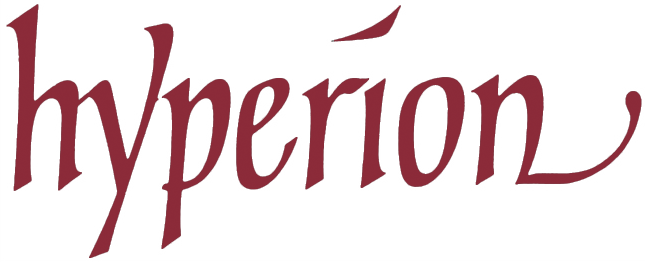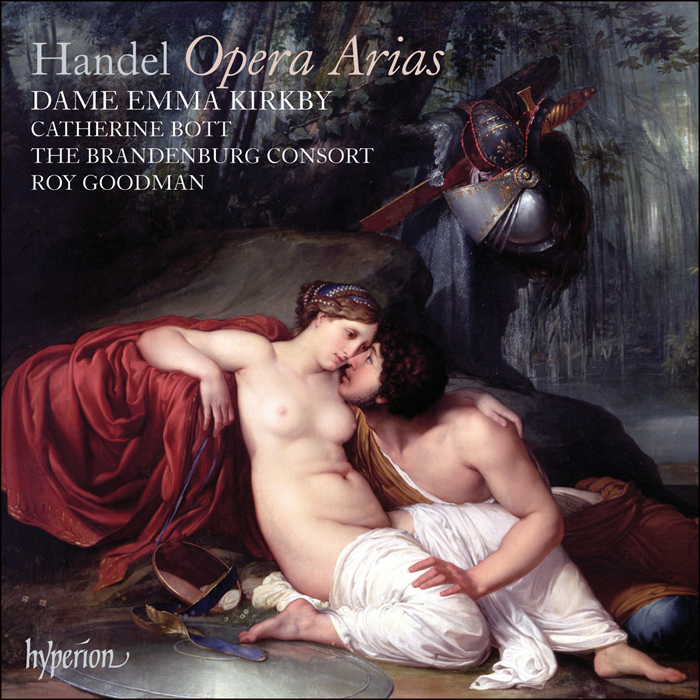Handel: Opera Arias
Emma Kirkby (soprano), The Brandenburg Consort, Roy Goodman (conductor)
CDS44271/3
The greater part of Handel’s working life as a composer was devoted to writing and performing operas. In his native town of Halle his early training under Friedrich Zachau had been in church music, but in 1704 he left to join the orchestra of the opera house at Hamburg. Within the year he had written his first opera, Almira, in the eclectic style of Reinhard Keiser, then the leading Hamburg composer. The broad model was the Italian opera seria, with set-piece arias in da capo form (two contrasting sections completed by an embellished repeat of the first section), but varied with comic interludes in a popular German style and dances in the French manner. Three more operas for Hamburg followed, all regrettably lost, apart from a few fragments. In 1706 Handel went to Italy to absorb the latest and purest elements of the Italian style then being developed by such composers as Alessandro Scarlatti and Francesco Gasparini. By the end of 1707 his first Italian opera, Rodrigo, had been staged in Florence, showing that he had served his apprenticeship well; and with Agrippina, first performed in Venice at the end of 1709, his complete mastery of the style was apparent. Audiences greeted the new work with cries of ‘Viva il caro Sassone!’ (‘Long live the dear Saxon!’) and (thanks to the many foreign visitors who took in Venice while making the Grand Tour) Handel immediately gained international fame.

